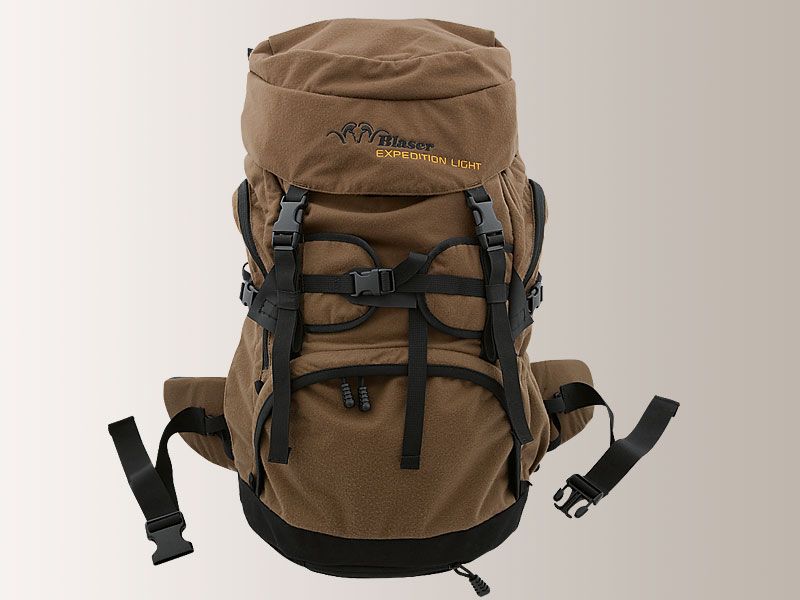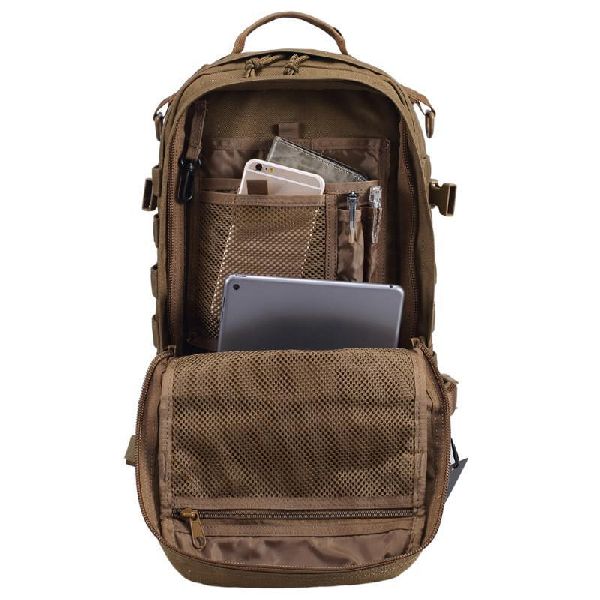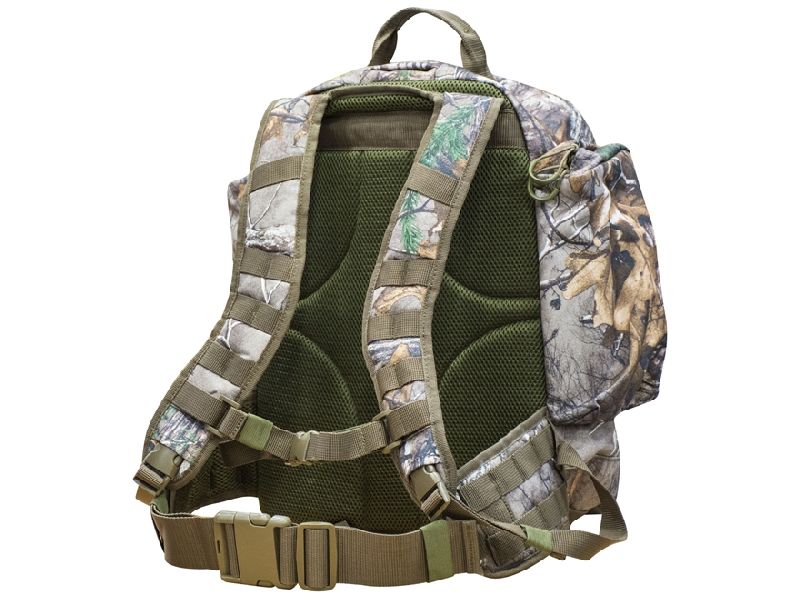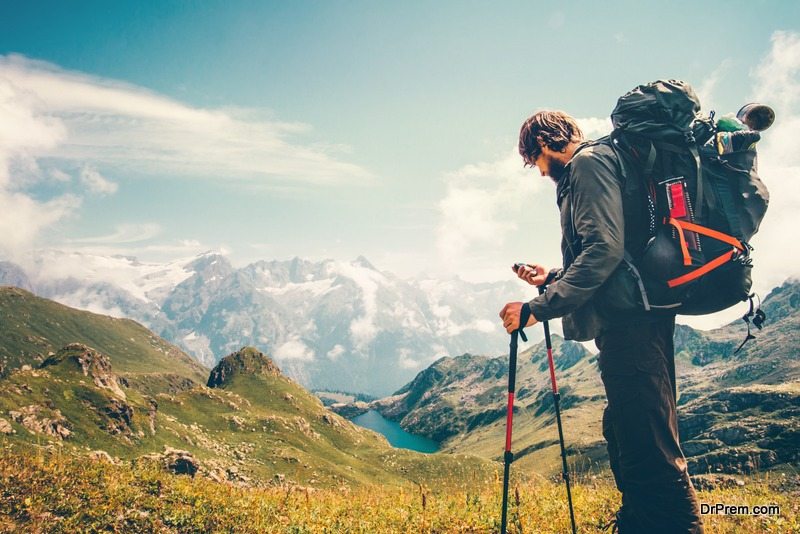Its hunting season of the year and forums all over are being bombarded by FAQs about hunting gear. So we figured it was a good time to go over what factors to heed when choosing the best hunting pack. Whether hunting a moose or just a bird, one needs a set of tools. To carry these tools, a variety of backpack options are available and investing a little time to find the right one for you will save you a lot of energy and pain in the long run.
Hunting packs are a special type of backpack. These are basically spacious, durable, well-designed backpacks with extra pockets and straps and to carry your gear like rifles and other hunting paraphernalia. Here are a few factors to consider when selecting a backpack for hunting:
- Torso length:

We seldom ever have to measure our torso length when buying clothes. However, when it comes to carrying a load on your back, the torso length is a deciding factor. The torso length is measured from the point where your neck meets your torso to your hip. 65 to 75 percent of your backpack weight should be supported by your hips. For small weights up to 30 pounds, it won’t create a problem. But as the weight increases and reaches the 60 pounds range, insufficient hip support will put undue strain on your shoulders giving you a nasty ache.
- Length of the trip:
You can go for a day long or a multi-day hunting trip. This will decide what kind of bag is right for you. There are three ways you can use your bag. As a daypack, multi-day pack or a load hauler or are you going to use it as a little of each? A one-day pack is different from a multi-day pack with regards to facilities, room, number of compartments, strength, and endurance.
- Weight of the bag:

It is important for the user to know how much the bag weighs when empty. One must also attempt to best estimate the heaviest weight one can handle and how frequently will he carry this load. The durability of a backpack is directly proportional to its weight. For greater durability, the weight will be more. So it comes down to the individual’s preference as to how much he/she is willing to sacrifice on the durability to keep the load optimum.
- Number of pockets, size:
Check that you have enough pockets for all items you may need for the hunt and that the pockets are big enough. Having quick access pockets will allow you to reach out and remove items without taking off the backpack. It is practical to have side pockets on your backpack to allow you to carry a terrestrial telescope and a small tripod.
- Frame for the backpack:

The framework should also be chosen carefully as different frame options are available. The internally framed backpack will keep your gear in line with your body giving you better balance and maneuverability. You’ll want this ability to maneuver well when the terrain is tough as a split second imbalance could lead to an injury.
On the other hand, externally framed backpacks have advantages like better ventilation, higher load carrying capacity and they are generally less expensive too. However, you should make sure the trail you have chosen is wide/ clear as these backpacks have the tendency to get caught up in tree branches, rocks, and other obstructions.
- Backpack material:
It is a good idea to find out the material of the backpack and whether it is breathable, water resistant, durable and also resistant to abrasion and constant rubbing. Check how well the stitches are done, the quality of the zippers and whether they get caught up in the material when used. The threads used for stitching at seams should have high strength and must be durable. Check for double or triple stitches or reinforcement of some other type.
The backpack is meant to make hunting easier by keeping your hands free and provide you with space for everything you will need. Space is definitely the most important factor for any backpack, followed closely by its endurance and strength. Checking for after-sales service, the warranty on the backpack you intend to buy is a sharp idea. All the tips provided here are meant to help you choose the right backpack for you so your investment pays off in the long run.



